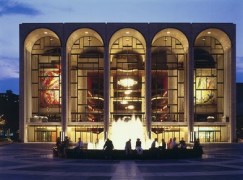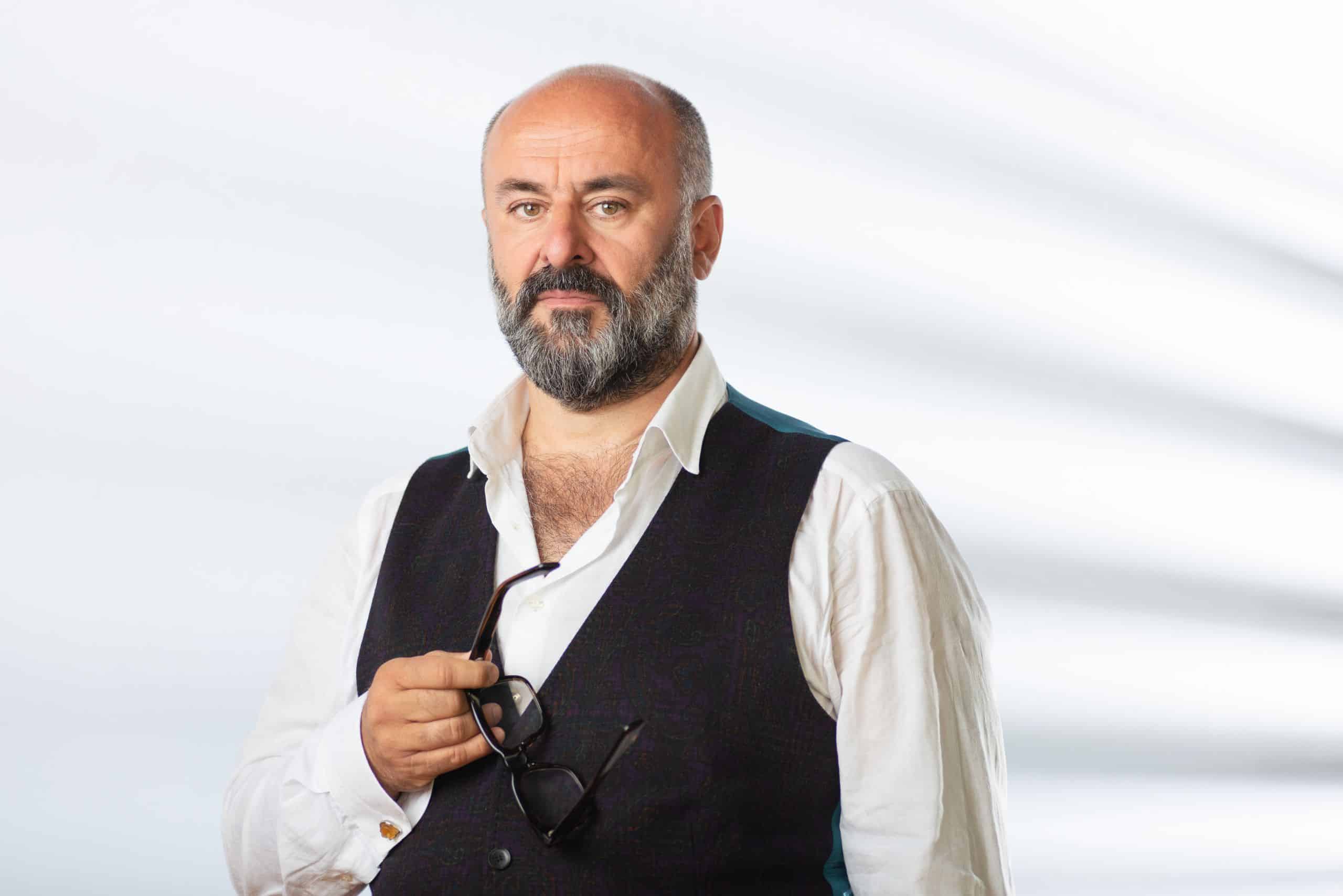Breaking: Met strikes deal with musicians
mainAfter weeks of quiet negotiations, Peter Gelb and the musicians struck a deal today. No details yet. Here’s the union’s side:
NEW YORK, NY—Friday, August 3, 2018—The following statement has been released regarding the conclusion of Met Opera contract negotiations for orchestra, chorus and other represented by the The Associated Musicians of Greater New York Local 802 and The American Guild of Musical Artists (AGMA):
The Associated Musicians of Greater New York Local 802, The American Guild of Musical Artists, and the management of the Metropolitan Opera have reached a tentative agreement, subject to ratification by the bargaining units, Local 802 Executive Board and AGMA Board of Governors
About Local 802, AFM
The Associated Musicians of Greater New York, Local 802 American Federation of Musicians represents over 7,500 highly-skilled musicians who drive the New York City’s thriving cultural and tourism economy, which brings over 58 million visitors each year. Its members—who perform on Broadway, at Lincoln Center, Carnegie Hall and Radio City, on Late Night TV shows and in other televised bands, as well as in hotels, clubs, festivals and venues across NYC—are protected by collectively bargained agreements ensuring fair treatment and living wage.






This would appear to be great news for the Met. The last thing they need right now would be a strike, as the Met enter it’s new season with the new music director,
Maestro Yannick Nézet-Séguin. Hopefully Peter Gelb didn’t have to ask the unions to take another pay cut like the last time their contracts were negotiated.
An incoming music director (or, more rarely, the inauguration of a new hall) is historically a favorable time for orchestras to negotiate new contracts, since management is especially eager to avoid a public disturbance. (Also, boards are usually more optimistic about increased ticket & donor revenue due to the novelty factor.)
Not to mention that the management and the board have a disturbance to end all disturbances up in the air and one that has gone conveniently quiet of late. Because complicity.
Sexual harassment often persists because third parties are silently complicit in it. #MeToo requires some retrospection from people who are not harassers themselves. What should people do when there are rumors that a friend, colleague or mentor acts inappropriately toward women in professional settings? And now, what should people do when there are corroborated allegations?
https://www.nytimes.com/2018/08/02/opinion/sunday/alex-kozinski-harassment-allegations-comeback.html
Interesting article. Even more interesting comments: although it was written by three lawyers who make it clear that their own allegations were made with careful attention to corroboration and credibility, numerous readers feel free to say that if the accusations haven’t been proven in a court of law, then the whole thing is nothing but vindictive females upset that the man they’re angry at hasn’t been sufficiently punished. Like they’re a group of psycho ex-girlfriends or something. (Quite similar to many comments here regarding Levine, Dutoit, Gatti, et al.) ANYWAY —
It does raise some good questions, such as: what should be done when the allegations are sufficiently serious and well-presented, but the official structure is powerless to act? (The judge in that article resigned quickly when he was accused of sexual misconduct; the judicial panel in charge of investigating decided that, since he was no longer a judge, it was beyond their scope to investigate anything he might have done. The end.) Clearly the system isn’t working in such a case, but what’s the remedy?
They’re just all relieved to have jobs. Despite the low US unemployment rate, job security–rather institutional security–at the Met remains on shaky ground.
My guess that the reason that the “disturbance to end all disturbances” has gone quiet of late is that they attorneys for both sides have instructed their clients not to comment to the press while the litigation is ongoing, assuming it still is.
I don’t think we will read anything about it for a while until the case come to an end.
That is, assuming there is no other bombshell story yet to be revealed….
I want to know why I am not being allowed to refuse permission for all the spying cookies on this site. Each time I log on, I have to renew my refusal and get diverted to a cookie explanation page. Does Slipped Disc think it has a right to spy on me? No. It does not.
Well, actually, they do have the right, if you want to use the website. What you have the right to do in return is to decline to use the website. Or turn on private browsing mode when visiting it so that any cookies are immediately discarded.
There are some smart cookies on this site, who you might not want to miss. One is Sally. There are others.